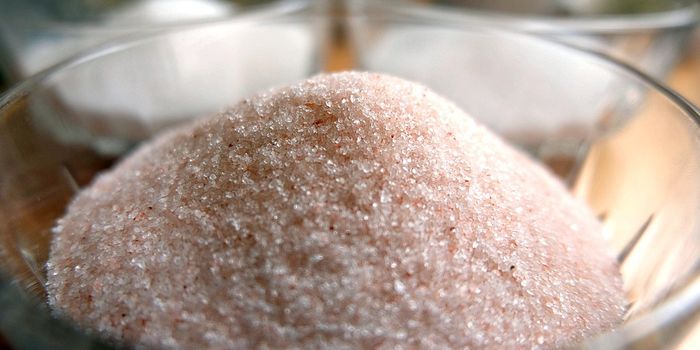A Junk Food Diet Can Produce an Immune Response
The immune system is designed to keep us healthy. It reacts when there are germs around or other threats to the body and prevents most illnesses from getting through its defenses. In a bad flu season like this, the immune response is crucial.
What many don't realize is that the body can produce an immune response to other kinds of stimuli as well, including diet. Research from the University of Bonn in Germany demonstrated this recently when it published a study that suggested the immune system goes into overdrive when faced with a poor diet of high fat and too many calories.
Using a mouse model, the team at Bonn placed the animals on a diet with loads of extra calories, sugar, and fat and very little fiber. After a month of this food, the scientists found that the diet triggered an immune response to inflammation in the mice, quite similar to what would happen if the mice were fighting off illness or infection.
Anette Christ, a postdoctoral fellow in the Institute of Innate Immunity of the University of Bonn, talked about the work, stating, "The unhealthy diet led to an unexpected increase in the number of certain immune cells in the blood of the mice, especially granulocytes and monocytes. This was an indication for an involvement of immune cell progenitors in the bone marrow." When genomic studies were added to the research to see if it was the diet that activated the response, they found that not only had this food switched on a genetic reaction, those genes stayed active even after the mice were placed on a healthier diet.
This process is referred to "innate immune training." Essentially, once an immune response has tackled a threat, the body remains in a state of alert; in a sense, it "remembers" what kicked off the response and the immune system remains ready to fight it off again. Over time, this changes the DNA in cells and creates a sensor in immune cells, in this case, a kind of "fast food sensor" that releases "inflammasomes" which are cell signaling complexes that fundamentally sound the alarm of a threat.
The changes to the cells and DNA have the effect of leaving some parts of the DNA strands exposed, and they become so sensitized that even just an occasional meal of high-fat food will set them off with an even stronger than usual response. These changes are epigenetic, so they don't just go away when the diet is changed back to healthier options. The increased immune response can set a person up for a stroke, heart attack or other cardiovascular events. It's becoming a global health issue because for the first time, people in Western countries now have a shorter life expectancy than in years past and diet and lifestyle changes are definitely a part of that decline. Take a look at the video below to learn more about this study.
Sources: University of Bonn, Cell, Cooking Light










